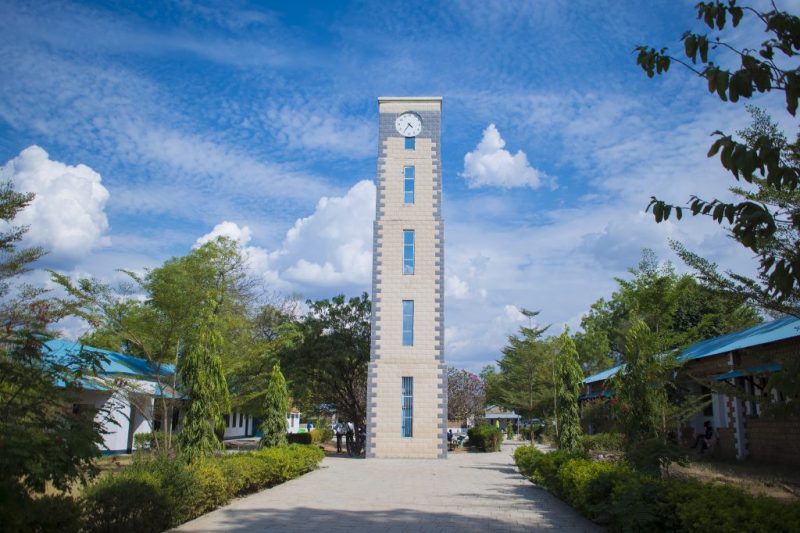
University of Juba campus - (Photo: UoJ).
Some students at the University of Juba are calling for a system of government in which state power is vested in the people.
They say the democratic system of governance is yet to be realized in the country.
The students said democracy and good governance can reflect a better version of South Sudan.
Today marks the International Day of Democracy.
In 2007, the United Nations General Assembly resolved to observe 15 September as the International Day of Democracy to promote and uphold the principles of democracy among the member states.
This year’s theme “Empowering the next generation,” focuses on young people’s essential role in advancing democracy and ensuring that their voices are included in the decisions that have a profound impact on their country.
The International Day of Democracy also provides an opportunity to review the state of democracy in the world.
Emmanuel John Cyrillo, a third-year student of the School of Medicine at the University of Juba says he wants a country where people can freely and democratically elect their own leaders.
“I want to see a country that is peaceful, a country that allows the citizens at different levels of the country, a country where everybody is given to select his or her own leaders in the coming election,” said John.
“A country where the youth are to determine what they want for their own future not a country where we are given the leaders. We need to start selecting our own leaders because it is a big challenge,” he said.
“Most of the leaders that are given to us at times become our problem because these are not capable people and these are not people we have selected so I want to see a South Sudan where we select our own leaders so that we can at least put our hands together and work with them.”
South Sudan for the first time is set to go for general elections in December next year.
Georgy Henry Pitia, a student of the School of Social Science at the University of Juba also told Eye Radio that he expects South Sudan to be a country where democracy is practised and respected at all levels.
“It [democracy] should be an inclusive thing whereby the government is not only the institution that will practice democracy but also us where we are in our families, in our society,” Henry said.
“I want to see South Sudan youth and South Sudan to be at that stage and not only this also I want to see South Sudan whereby when people talk about democracy, people don’t bring in tribalism,” he said.
“When people talk about democracy, people don’t bring in their political affiliation, when people talk about democracy, people should have that open mindset that democracy is not an enemy but democracy is the way forward on how we can value one another, how we can look into the potentials and abilities of others.”
According to the United Nations, there are governments and those wielding power who find many ways to obstruct democracy and freedom of expression.
Freedom of expression is a fundamental human right, enshrined in Article 19 of the Universal Declaration of Human Rights.
Since 1988, the General Assembly of the United Nations has adopted at least one resolution annually to deal with some aspect of democracy.
In 2015, the global leaders committed to the 2030 Agenda for Sustainable Development to a world in which “democracy, good governance and the rule of law as well as an enabling environment at national and international levels, are essential for sustainable development”.
Support Eye Radio, the first independent radio broadcaster of news, information & entertainment in South Sudan.
Make a monthly or a one off contribution.
Copyright 2024. All rights reserved. Eye Radio is a product of Eye Media Limited.